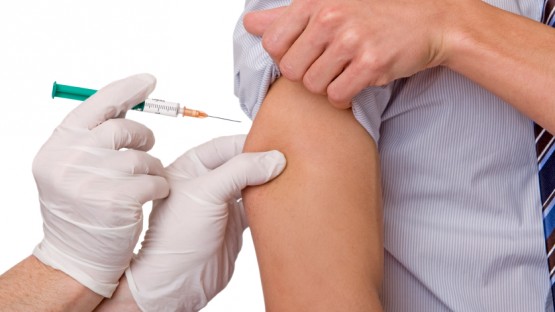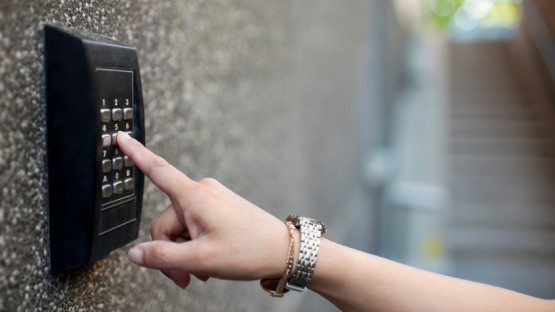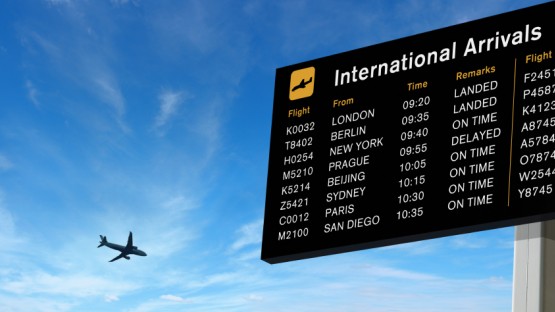
Living abroad?
Enjoying a Healthy Expat Life

For most people, living the expat life is an exciting endeavor. Everything looks, sounds, and smells different. You have arrived at your new home and are now ready to dive right into the new experience. A positive attitude is the perfect way to start off. But regardless of how you feel, it is important to keep your common sense when moving about in an unfamiliar environment. Not only should you be reasonably concerned about how to keep safe in general, medical issues are another common part of expat life and a further obstacle you may have to cope with.
With our tips, expatriates have little to worry about. After all, living in a foreign country is as safe as you make it, no matter if your new home is in Stratford-Upon-Avon or Cape Town. We will tell you everything you need to know to navigate expat life and its particular medical problems without major difficulties.
Important Contact Information
The basis for a safe expat life is to know where to turn when things get rough. In stressful situations, knowing where and how to get support will give you the necessary peace of mind. For that reason, create a list with important contact information you might need in case of an emergency. This list should include the telephone numbers of hospitals and English-speaking doctors (if you’re not fluent in the local language yet), as well as the local emergency number. Please note that some countries may have different numbers for calling the police, an ambulance or the fire brigade.
The address and telephone number of the nearest embassy/consulate and a number to reach your health insurance provider should also be on this list so you’re prepared for every calamity. Furthermore, find out where the nearest embassy of your home country is and do some research. You may never need to actually go there, but knowing your embassy’s opening hours and services can’t hurt.
Different Health Risks
In your home country, medical issues may not have been much of a problem. Of course, at home you know which situations to avoid, how to deal with common risks and how to stay healthy. And in case of an accident or illness, you know who to turn to and what to do.
However, moving to another country as an expatriate might also mean a change of climate and different hygienic standards then what you are used to. Other health issues, such as for example the danger of diseases transmitted by mosquito bites or the fact that you might simply not yet have the necessary antibodies against common local diseases, can also crop up. Due to these factors, falling ill is not an uncommon part of expat life. This is especially the case shortly after your arrival, when the stress of starting your new expat life can further weaken your immune system.
It is therefore extremely important that you properly inform yourself about these things prior to departure. For instance, you need to find out what vaccinations and immunizations you should get before moving to the country of your choice and get them done on time. Read our article on expat health precautions to learn how else you can best protect your health while living abroad.
Pre-Existing Health Conditions
If you have a pre-existing health condition, e.g. a severe allergy, you will need to prepare for situations related to your medical issues when you plan your expat life. It is extremely important that you are able to communicate your situation in case of an emergency. You can prepare yourself by learning words and key phrases to describe your specific medical problem in the local language.
Knowing where and how to get your medication and what to say to medical personnel is essential. Apart from learning key phrases by heart, you should also write them down and carry a note in your wallet or pocket. Alternatively, you can try and find out whether there is any form of medical ID commonly used and recognized in your host country. This can for example be in the form of jewelry that is engraved with an inscription denoting your specific condition and medical needs.



























